#douglas keen
Explore tagged Tumblr posts
Text
The Wonderful World of the Ladybird Book Artists
This year, the fascinating tale of the skilled artists who brought Ladybird books to life for over three decades was explored at The Wonderful World of the Ladybird Book Artists exhibition at the Victoria Art Gallery in Bath. The exhibition featured rare books, original artworks, and artefacts, demonstrating the role of the illustrators for Ladybird. The exhibition also looked into the…
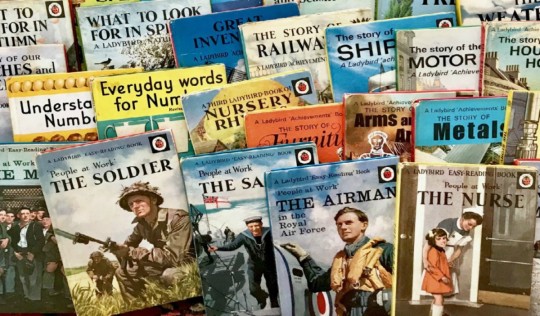
View On WordPress
#angusine macgregor#art#Bath#douglas keen#eric winter#Exhibition#Fairy Tales#frank hampson#harry wingfield#how it works#john berry#john kenney#ken and joy#key words reading scheme#ko-fi#Ladybird books#let books be books#martin aitchison#patreon#people at work#peter and jane#robert lumley#roger hall#ronald lampitt#victoria art gallery#well-loved tales
0 notes
Photo
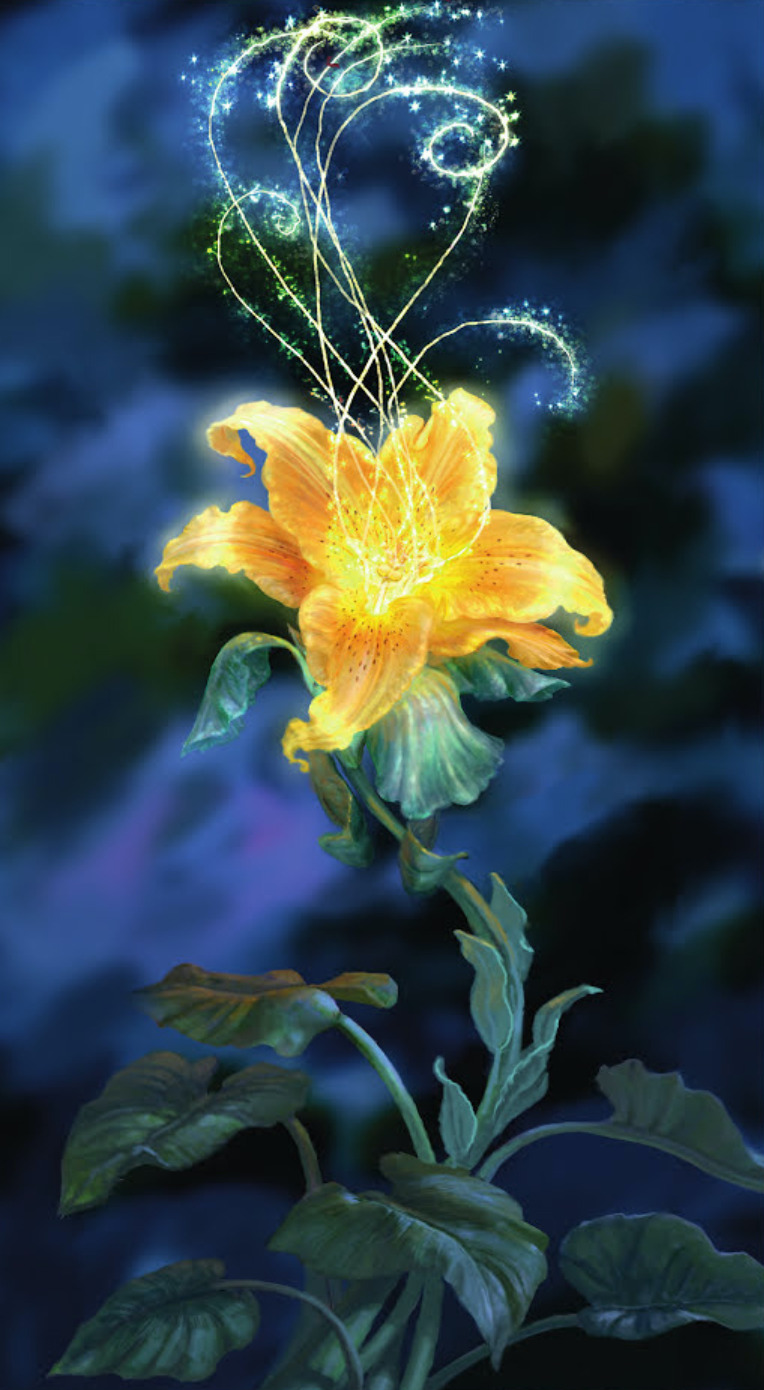

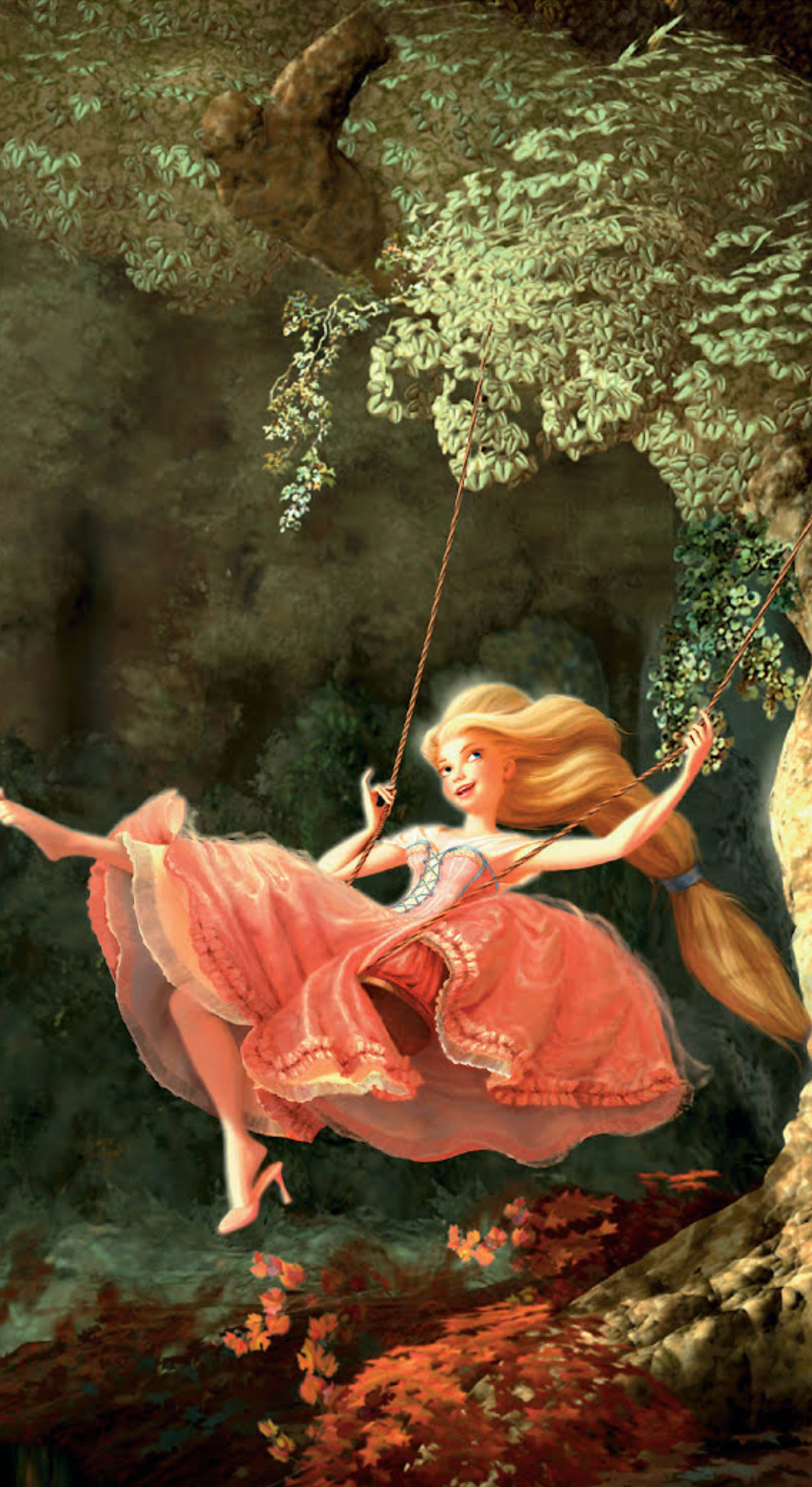
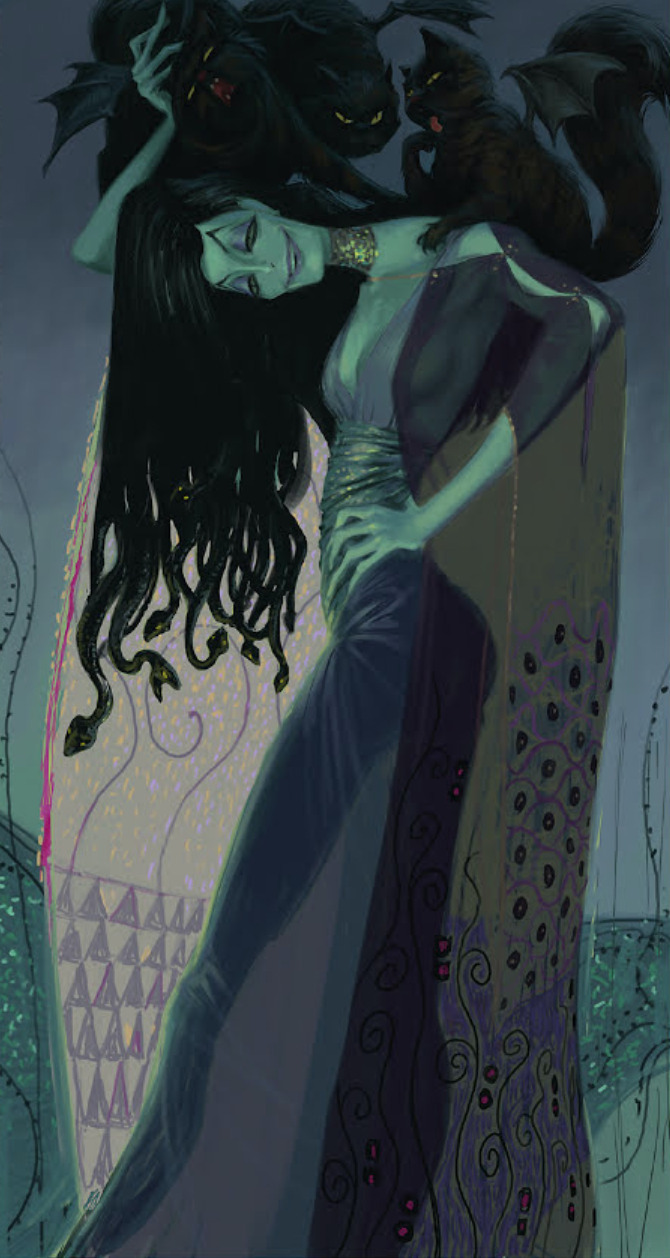
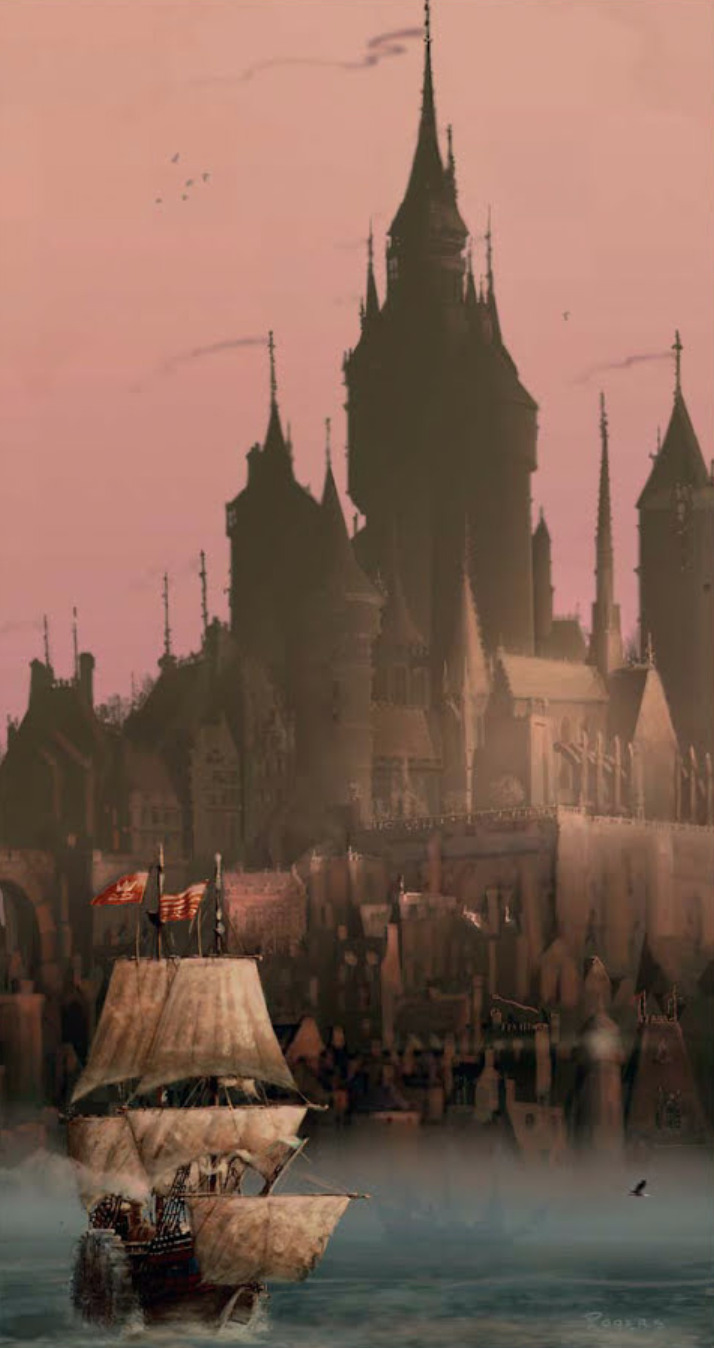
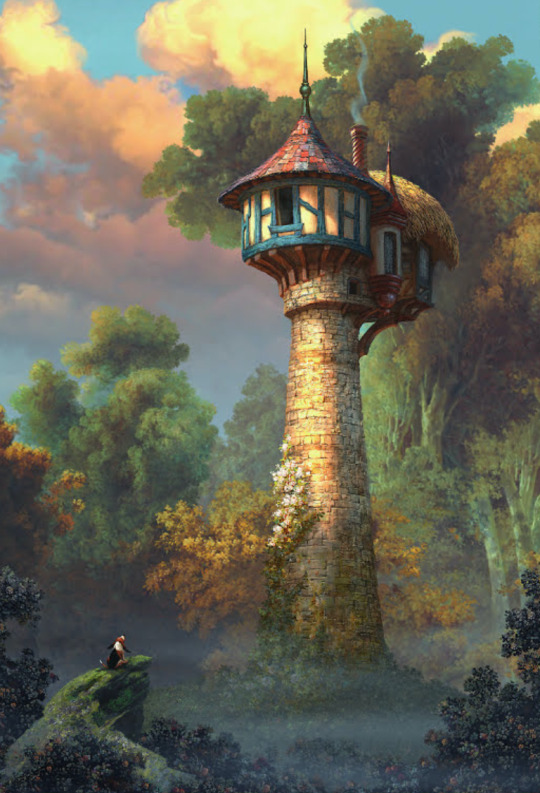
The Art of Tangled by Lisa Keene, Andy Harkness, Andy Gaskill, and Douglas Rogers
#disney#tangled#lisa keene#andy harkness#andy gaskill#douglas rogers#disney concept art#visual development#concept art#disney animation#animation art#art#artwork#illustration
7K notes
·
View notes
Text
youtube
#shakespeare#william shakespeare#rsc#othello#Will Keen#john douglas thompson#theater#theatre#jealousy#Youtube
8 notes
·
View notes
Text


katie douglas & mimi keene manip
3 notes
·
View notes
Text
I'm finally watching Witch In A Web, and omg Duke an Ms Holloway are so cuteee
#starkid#nightmare time#ms holloway#heather holloway#douglas keene#tell me their ship name#someone tell me their ship name
18 notes
·
View notes
Text
Moor is Less
OTHELLO Royal Shakespeare Theatre, Stratford upon Avon, Thursday 24th October 2024 The first thing I want to say about this new production is that it’s a good-looking show. The costumes, designed by Judith Bowden, are exquisite, transporting us to Venice and Cyprus in 1605. Bowden’s set is a different story. It’s all abstract and sparse. We could be anywhere and anywhen. Director Tim…

View On WordPress
#Anastasia Hills#Edward hogg#Jethro Skinner#John Douglas Thompson#Judith Bowen#Juliet Rylance#Madeleine Hyland#Othello#review#Royal Shakespeare Theatre#RSC#Stratford upon Avon#Tim Carroll#Will Keen
0 notes
Text
Douglas was a remarkable man, both in character and in person. In age he may have been about fifty, with a strong-jawed, rugged face, a grizzling moustache, peculiarly keen gray eyes, and a wiry, vigorous figure which had lost nothing of the strength and activity of youth.
Watson: it is so important I tell you how attractive this murdered man was
#never change darling#bisexual disaster watson#he's dead dear don't get a crush on him now#letters from watson#sherlock holmes#the valley of fear#chapter 3#the tragedy of birlstone
69 notes
·
View notes
Text
Traintober 2024: Day 11 - Fauna
Dilly the Duck Goes Missing:

Of all the various animals on the Island of Sodor, none was more famous than Dilly the Duck. Originally, the duck had been used as a prank, and hidden in Donald’s tender by Duck – but now she was a permanent fixture at Haultraugh Station, where she assists the stationmaster. The stationmaster loves working with Dilly – she’s very good with children, and has harassed several horrid passengers and fare evaders until they were much nicer!
However, one day Dilly didn’t come to the station. The stationmaster waited for her until he was needed elsewhere, and then Duck waited for her as long as his drink break would allow on his first passenger run. Dilly didn’t show her beak for either of them! More worryingly, she didn’t make an appearance when Donald blew his whistle and called for her. Instead, a male duck flapped angrily at him for a couple seconds before continuing out to sea.
“Ah hope she's alricht,” worried Donald as he gazed out over the tidepools. “It's no like Dilly no tae come bi the station.” All day, the engines waited and watched, but even as Douglas clanked through with the last of the empty ballast trucks, there was still no sign of the duck.
Duck and Donald were the most worried that night in the sheds. “It’s not like her,” sighed Duck. “Normally Dilly likes to stay nice and close to the station and bum food off the passengers.” “Maybe she’s hibernating?” suggested Oliver brightly. “Driver told me lots of animals hibernate, like bears!” “Bears don’t hibernate!” snorted Duck, “or else we’d be down a mainline engine for half the year – and besides, Dilly’s a duck, not a bird. If anything, she’d migrate.” “An Dilly's niver migratit before, sae thare's na point suggestin it either,” Donald finished firmly. Oliver pouted. “I was only trying to help,” he grumbled.
The engines talked about it for several more hours, but try as they might, none of them could think of a reason why Dilly had seemingly vanished.
Over the next few days, the engines kept a keen eye out, but still they couldn’t find Dilly. Instead, they were randomly hounded from above by a very irate male duck. Douglas blew steam at it, Oliver swore at it, and Duck and Donald just wished that that duck was actually Dilly. The male duck managed to get into just about everything and cause a fuss – be it getting stuck in the rafters, locked in the waiting room or even trapped inside the water tower! Everyone was just about fed up with the male duck and its dim-witted antics. Until one day, the male duck physically grabbed Donald’s driver’s hat.
“Oi!” shouted Donald’s driver, and he leapt down from his engine in hot pursuit. The male duck took Donald’s driver on a wild duck chase across the tidepools that dotted the coastline before suddenly dropping the hat. Donald’s driver skidded to a stop and stared!
“Dilly?!”
Donald’s driver returned to the station looking very amused indeed. “No wonder we couldn’t find Dilly,” he chortled. “She’s laid eggs!” “Like Duck did once,” grinned Donald, just to watch his old friend snort indignantly. It turned out that Dilly and the male duck had had a clutch of eggs together, and had made a nest overlooking the line by the edge of one of the tidepools. The male duck – who everyone unanimously agreed to name Ditzy – had wanted someone to help Dilly look after the eggs so she could go find herself some food.
It didn’t take long for Dilly, her nest and her eggs to all be moved to a new, specially-built bird house by the edge of the station where the stationmaster could care for the eggs while she got right back to terrorising rude passengers and begging for bread. As for Ditzy? He’s now also a permanent face around the station, though he spends most of his time being an absolute ditz and getting stuck in the water tower. Worse yet, Ditzy recently figured out doors, and once managed to hitch a ride all the way to Tidmouth before anyone realised!
And when the little ducklings were born, they instantly became the single most doted-upon animals on all of Sodor!
Back to the Master Post
#weirdowithaquill#fanfiction writer#railway series#thomas the tank engine#traintober#traintober 2024#ttte donald#ttte dilly#prompt: fauna
30 notes
·
View notes
Text
I can't find on my blog if I've posted about this before, but the 19th century local dandy that wrote Edgar Allen Poe fanfiction, Douglass Sherley, was mentioned in this letter that a local historian dug up for me and it is fascinating. I'm just going to copy + paste my pillowfort post about it.

So the historian I've been in contact with was an incredible help, and went ahead and transcribed the bits of the letters that discuss Sherley.
"The description of Douglass Sherley is on the final page of that letter (page 6) and reads:
“By this time you have, doubtless, read of the horrible confirmation of the old reports about Douglass Sherley. I did not believe them before and cannot comprehend how he could have been guilty of such baseness. He has consented to leave the country for good next Monday, so ___ Sherley’s brother informed brother Will.” Bruce then goes on to talk about cantaloupes, I think. I believe the blank might be “Mrs.” or a first name.
Second letter, second page
“You say you did not read of Douglass Sherley’s disgrace. Don’t speak of it to anyone, for the disgraceful affair should never pollute a woman’s lips.' "
These letters are from August 23rd and August 28th 1896, and there are barely any mention of him in the Courier Journal after 1896. This is important because prior to that he was all over the paper. There were mentions of him going to numerous weddings and parties, he wrote columns for the paper, and he was involved in putting on things like operas and plays.
He also died in Martinsville, Indiana, which makes me wonder if that was where he moved. (I believe he still lived in Louisville for part of his last years.)
I think I've just about reached a wall with my research; the only other thing I have any interest (at the moment, at least) in chasing after are newspapers that he was in when he toured with James Whitcomb Riley. Someone else was kind enough to write a blog entry that includes clippings from non-Louisville newspapers, and they're an interesting look into how Sherley was known outside of Louisville:
The Wilmington, NC Weekly Star, 8 Dec 1893 (reprinted from the Indianapolis Journal):
Kentucky’s Oscar Wilde Douglass Sherley is doubtless, in a literary way, the most conspicuous person in Louisville. He is notable also in many other ways. At first glance he is seen to be what is styled a “character.” Being fond of character study himself, he would no doubt generously recognize his own claim to the classification. He is a large, well built, squarely adjusted man, with a massive head and neck, dark hair, an intelligent brown, suggestive of femininity in a way, keen and kindly eyes, a large brown mustache, worn in curly ends like the “beau catchers” of the traditional stage spinster, a pleasant, sensitive mouth, with the air of a man of the world, but withal a clean, temperate, perfectly correct man of the world. He has a droll habit of holding his head on one side and looking aslant through his eyeglasses, which gives him a unique expression, and without which and the flowers in his lapel, almost always a red rose, he would hardly be Douglass Sherley, Mr. Sherley is popular among the men, and also much liked by the women, his literary work being more generally appreciated by the latter. There is a fine, feminine, but not unmanly, quality in his writings, which really only women, or men with a like feminine streak, can interpret and enjoy.
A point of interest is this May 1886 article about Sherley from the Cincinnati Enquirer

A CLUB SCANDAL Douglas Sherley, of the Pelhams, Involved He Hunts for the Originator of the Story, and in His Search Punches a Bank Clerk SPECIAL DISPATCH TO THE ENQUIRER LOUISVILLE, KY., May 3 — Nothing is talked of in the clubs to-night except a difficulty which occured to-day between Mr. Douglas Sherley, Present of the Pelham Club, and Mr. Matt Smith, a member of that body. Mr. Sherley is a man of means and leisure, and belongs essentially to society. HE has written several books and has built an aesthetic house that has been the talk of the town for three years. The Pelham Club members are the younger set of society men and recently persuaded Mr. Sherley to accept the Presidency of their club. Within the last two weeks, however, a movement has been on foot in which twenty members of the club were interested to bring about Mr. Sherley’s removal. The understanding was that the twenty members in question should offer their resignations simultaneously to the Board of Directors. When questioned in regard to this unexpected action they were to say they would not belong to an organization which had for its Chief Executive a man who had been guilty of certain disgusting and unnatural practices that were charged against Mr. Sherley. When Mr. Sherley heard of this movement to-day he went at once to Mr. Matt Smith, a blank clerk, whom he had heard was one of his defamers, and demanded an immediate denial in writing of the nasty stories. Mr. Smith said he had not originated the stories, but had repeated them, and refused to sign the paper. Mr. Sherley, who is a fearless man and very athletic, promptly attacked young Smith and gave him a sharp blow in the neck. Smith attempted to return the blow, but outsiders interfered too quickly, and dragged the gentlemen apart before either was painfully injured. The affair quickly went the rounds, and the scandal has been vigorously discussed by society men all day. It is due Mr. Sherley to say that none of his friends believe the stories which gossips have put in circulation about him. He is an eccentric man, and some of his peculiarities have subjected him to comment, but he is a gentleman, nevertheless. Mr. Sherley has secured a cowhide and a pistol, it is said, and will either thrash or kill the man who is at the bottom of the outrage, if he can discover him.
I have a lot of thoughts about the connection but I'll get back around to that later
21 notes
·
View notes
Text

Donald and Douglas, affectionately known as "The Scottish Twins", are rational, peppery and proud!
I had a lot of fun with the previous drawing of Duck, and y'all seemed to really like it too, so here's another human AU doodle for y'all! <3 This time of my oh-so-beloved Scottish twins!! I absolutely adore designs where they have freckles so ofc I had to give them freckles!! <3 Plus they get pretty blue-hazel eyes cuz they deserve it Some notes for funsies ~
-They were born in a small village in Scotland, with Donald being the older of the two - Both are Cis Men (He/Him) - They're roughly 6'0 tall
-They squabbled a lot more when they were younger, but are pretty much inseparable now and love each other very much.
-They moved to Sodor together, though Donald was the only one who was supposed to go and Douglas ended up tagging along. (Neither really wanted to leave the other) With encouragement from Edward, and slightly out of pity, Sir Charles did eventually give both twins a job.
-They currently live in Arlesbrugh, alongside Duck, Oliver and Toad.
-Both know some Scottish Gaelic (Douglas is slightly more fluent then Donald) and may occassionally slip into it. Donald
- He's incredibly witty and charming; very much a smooth-talker
-Has a short fuse and will absolutely throw hands
- He's always been pretty openly Bi and a huge flirt; turns into a flustered mess the second anyone he likes flirts back though lol
-Always appreciates a well-thought out joke, but he'll still laugh at stupid shit (even if he tries not to)
-Loves a good prank every now and again
-Very protective of Douglas, but will still tease him to no end (lovingly)
-Has a "Pet" Duck named Dilly, who he calls his "Lil' Quackeroo" (She's not really his pet, she's a wild duck, but he adores her and visits her to give her food and cuddles frequently. It's one of his favourite things to do. <3)
-Has a thing for Duck for a loooong time, basically since the Dilly incident, and goes on to date him. :) Douglas
-Keen and witty, though surprisingly level-headed and calm too.
-He considered himself the "Straight Twin", and was in denial about his sexuality for years
He's since come out as Bi, started dating Oliver and is very happy :)
-Laughs at the stupidiest shit
-The only people who can call him "Douggie" are Donald and Oliver; he prefers his full name otherwise.
-Doesn't take any of Donald's shit (affectionate), but will still always have his brother's back
-Always happy to help and quick to act
-Had a bit of a crush on Emily at one point
~~~~~~~~~~~~ Aaaand there ya have it! :D Just like before, the designs and HCs aren't fully set in stone yet, but I'm pretty happy with how they're coming along so far! <3 I also finished a doodle of Oliver and Toad which I'll either post later today or tomorrow. So stay tuned! <3 And thanks for looking!~ ~~~~~~~~~~~~~ Donald & Douglas (c) TTTE Art (c) Me <3
#ttte#ttte humanised#ttte human au#ttte human#ttte headcanons#ttte fanart#ttte donald and douglas#ttte donald#ttte douglas#donald and douglas#the scottish twins#fanart#art#doodle#I am so biased towards the Little Western Gang KLASGHAS#I promise I'll draw the others eventually too!! x'D#I just love these funky lil guys sm#Scottish twins my beloved ;;#my art#thunderxleafart#thunderxleafart<3
37 notes
·
View notes
Text
Lit Hub: How Oscar Wilde Created a Queer, Mysterious Symbol in Green Carnations

In London in 1892, everybody—or, at least, everybody who was anybody—was talking about one thing: green carnations. Nobody was sure, exactly, what wearing a green carnation meant, or why it had suddenly become such a deliciously scandalous, dazzlingly fashionable sartorial statement. All anybody knew was that one day, at a London theater, someone important (stories differed as to who exactly it was) wore a green carnation, or maybe it had been a blue one (stories differed about that too).
Green carnations may have had something to do with sexual deviance. They may also have had something to do with the worship of art. And the whole thing somehow had to do with Oscar Wilde, the flamboyant playwright, novelist, and fame-courting dandy who—as he never tired of telling the press—put his talent into his work but put his genius into his life. Wilde lived his life as a work of art (or let people think he did). The affair of the green carnation gives us a little glimpse into how.
One story about what exactly happened comes from the painter Cecil Robertson, who recounts his version in his memoirs. According to Robertson, Wilde was keen to drum up publicity for his latest play, Lady Windermere’s Fan. A character in the play, Cecil Graham—an elegant and witty dandy figure who rather resembled Wilde himself—was ostensibly going to wear a carnation onstage as part of his costume. And Wilde wanted life to resemble art.
“I want a good many men to wear them tomorrow,” Wilde allegedly told Robertson. “People will stare…and wonder. Then they will look round the house [theater] and see every here and there more and more little specks of mystic green”—a new and inexplicable fashion statement. And then, Wilde gleefully insisted, they would start to ask themselves that most vital of questions: “What on earth can it mean?”
Robertson evidently ventured to ask Wilde what, exactly, the green carnation did mean.
Wilde’s response? “Nothing whatsoever. But that is just what nobody will guess.”
Within days, carnations were everywhere. Just two weeks later, a newspaper covering the premiere of another play, this one by Théodore de Banville, reported a bizarre phenomenon: Wilde in the audience, surrounded by a “suite of young gentlemen all wearing the vivid dyed carnation which has superseded the lily and the sunflower,” two flowers that had previously been associated with Wilde and with fashionable, flamboyant, and sexually ambiguous young men more generally.
A little over a week after that, a London periodical published another piece on this mysterious carnation. It is a dialogue between Isabel, a young woman, and Billy, an even younger dandy—heavily implied to be gay—about the flower, which Billy has received as a gage d’amour (the French is tactfully untranslated) from a much older man. Billy shows off his flower to the curious Isabel with the attitude of studied nonchalance: “Oh, haven’t you seen them?…. Newest thing out. They water them with arsenic, you know, and it turns them green.”
The green carnation is something desperately exciting, understood not by ordinary society women but by Brummell-style dandies, shimmering with hauteur. It’s deliciously dangerous, perhaps even a tad wicked; the carnations are colored with poison, after all. It’s also, in every sense of the word, a little bit queer.
The green carnation’s appeal as a symbol of something esoteric persisted. Two years after the premiere of Lady Windermere’s Fan, an anonymous author—later revealed to be the London music critic Robert Hichens—published The Green Carnation, a novel that appears to be very obviously based on Oscar Wilde’s real-life homosexual relationship with the much younger Lord Alfred “Bosie” Douglas.
The Green Carnation, though it is certainly a satirical exaggeration, can tell us much about this strange, new class of young men cropping up not only in London but also in Paris, Copenhagen, and so many other European capitals during the nineteenth century: the dandy. Inheritors of the mantle of Beau Brummell but far more flamboyant in their affect—John Bull would certainly have turned around to look at them in the street—these modern dandies didn’t just live their lives artistically.
These dandies believed—or at least made out that they believed—that the highest calling a person could have was a careful cultivation of the self: of clothing, sure, and of hairstyle, but also of gesture, of personality. And behind that belief lay a kind of bitter nihilism, as poisonous as arsenic itself. Nothing meant anything, unless you decided it did. A green carnation could signify homosexual desire, or aesthetic dandyism, or “nothing whatsoever,” depending on your mood and what you felt like conveying to the world that morning.
(Full article)
#oscar wilde#robert hichens#the green carnation#history#gay history#lgbt history#lgbtq history#gay#lgbt#lgbtq#lgbtqia#lit#literature#gay literature#lgbt literature#lgbtq literature#victorian#19th century
26 notes
·
View notes
Text

On December 25th 1251 Alexander III was knighted by Henry III of England. Born in 1241, he had become King on his father Alexander II's death in 1249, at the age of 7.
Alexander III was only a child when he became king but his reign would come to be seen as a golden age in Scottish history. Alexander needed to restore unity following the divisions of his minority, re-establish Scottish independence from the encroaching ambitions of England and finished his father’s work in recovering the Western Isles from Norway – a pretty big to-do list but he accheived all this and possibly more, it's such a shame we lost him aged only 37, but without his death we might never had the likes of Wallace, The Bruce and the Good Sir James Douglas to decorate our history.
Anyway, the story of his knighting by the English King is a tale to make you proud of him. Henry III was keen to assert his influence and see through a deal he made with Alexander II that their children would marry, so in 1251 Alexander III (now 10) came to York where he was knighted by Henry before marrying Henry’s daughter, Margaret who was aged 11 at the time. Henry began pressuring Alexander to swear fealty to Henry and England. Alexander sidestepped the demands, until after Edward I succeeded Henry III, when, with carefully chosen words, he swore this: “I become your man for the lands I hold of you in the Kingdom of England for which I owe homage, saving my Kingdom.” Basically saying his homage is only as a guest of the English but not in Scotland.
Of course after Alexander died Henry's son Edward, Longshanks stepped up the efforts to subjugate Scotland, heralding the time of the three Scottish heroes I mentioned earlier.
The pic is a 16th-century illustration of Edward I presiding over Parliament. The scene shows Alexander III and Llywelyn ap Gruffudd of Wales on either side of Edward; an episode that never actually occurred, but I would assume Edward would have loved to have these two serve under him.
13 notes
·
View notes
Note
Woe! More Forest Guardian fan art be upon thee!


(Did my best with human Thomas😅)
For Douglas, I really wanted to capture that “daring personality”. From how you drew him, he seems like the confident, daring type, but not arrogant.
With Henry, “gentle giant” was what stood out to me. I know not all the guardians aren’t too keen on humans, but I’d like to think that, after seeing Thomas being considerate of them and their home, he’d take a liking to him. Plus it was a good excuse to create a wholesome bonding piece.🥰
These were fun to do! They gave me a chance to practice animal-like anatomy as I very rarely draw animal-related pieces, and of course I choose some of the hardest poses for these creatures! I can never make things simple for myself. 😅😜
Gordon and/or Hiro might be next.😉
YOU CAPTURED THEM SO WELL AHHHH

THEY LOOK SO GOOD!!!!!
19 notes
·
View notes
Text
by Douglas Murray
By early 1948, when Israel was on the cusp of becoming a state, she was known for being a powerful orator—someone who could articulate clearly and plainly why Jewish self-determination was so important. But she was not well-known in America.
In January of that year, Meir, who was then the head of the Jewish Agency, traveled to the United States to raise money in preparation for Israel’s war of independence. (The Jews knew the UN might give them the green light, but the Arabs would not.)
She had not planned to go to Chicago, but while in New York City, her sister Clara persuaded her to go—to speak to the annual conference of the Council of Jewish Federations and Welfare Funds.
Meir arrived in Chicago in the middle of a freezing cold winter “without a dime in her pocketbook even to take a taxi.” Wealthy and influential Jews in Chicago were not especially keen on meeting with her. As Henry Montor, the executive vice president of the United Jewish Appeal, a Zionist organization, recalled, Meir was, to his mind, “an impecunious, unimportant representative, a schnorrer—Yiddish for beggar or layabout.
Meir, for her part, was terrified. On the one hand, she knew that war in the Middle East was imminent, and she had no choice but to bring home money for much-needed weapons—or there wouldn’t be any Israel. On the other hand, she understood all too well that there was, among some upper-crust American Jews, a wariness of the idea of a Jewish state—a desire, often unstated, not to appear too Jewish.
In any event, Montor managed to carve out a little time for Meir to speak at the Council’s luncheon on January 25, 1948, at the Sheraton.
She later recalled: “I was terribly afraid of going to these people who didn’t know me from Adam. I admit I was shaking. I had no idea what was going to happen.”
But providence, or something like it, called her that day. And the effect was historic. The audience was on its feet immediately after she finished. Her goal had been to raise $25 million in America. She came away with $50 million—aid that would prove critical in the months ahead.
According to those present, Meir went to the stage with her hair severely parted, absolutely no makeup, and with no notes to speak from—her preferred habit. The pauses in her speech seem to have been as important as the words themselves. She seemed to be feeling the words, weighing up the words, and judging, by the second, their effect on her audience.
She spoke for some 35 minutes.
Friends was the term she chose to address her audience.
“The mufti and his people have declared war upon us,” she said. “We have no alternative but. . . to fight for our lives.”
She told the audience about the thirty-five Jews who “fought to the very end” on the road to Kfar Etzion and of the last one killed. He had run out of ammunition but died with a stone in his hand, prepared to continue fighting.
And she paraphrased the famous words of Winston Churchill: “We will fight in the Negev and will fight in Galilee and will fight on the outskirts of Jerusalem until the very end.”
She added: “I want you to believe me when I say that I came on this special mission to the United States today not to save 700,000 Jews. During the last few years the Jewish people lost six million Jews, and it would be audacity on our part to worry the Jewish people throughout the world because a few hundred thousand more Jews were in danger. That is not the issue.”
The issue, she explained, “is that if these 700,000 Jews in Palestine can remain alive, then the Jewish people, as such, is alive and Jewish independence is assured. If these 700,000 people are killed off, then for many centuries, we are through with this dream of a Jewish people and a Jewish homeland.”
This was the spirit—the moral vision—that compelled Golda Meir, like so many Israelis after her, to do what other people thought could not be done.
26 notes
·
View notes
Text

Common Dust And who shall separate the dust What later we shall be: Whose keen discerning eye will scan And solve the mystery?
The high, the low, the rich, the poor, The black, the white, the red, And all the chromatique between, Of whom shall it be said: Here lies the dust of Africa; Here are the sons of Rome; Here lies the one unlabelled, The world at large his home!
Can one then separate the dust? Will mankind lie apart, When life has settled back again The same as from the start? By Georgia Douglas Johnson
38 notes
·
View notes
Text
ways the rats' neurodivergencies manifest
chase: autism, OCD, insomnia
autism: chase is intrinsically one of the kindest characters in the series. he deeply cares for his family and friends. however one of the manifestations of his autism is low empathy. he's very intelligent, and can tell when one of his loved ones is upset, but isn't great at approaching them in a more emotionally intelligent way. on top of that he struggles to show his own emotions, as well as deeply understand others (also a result of living in a basement for 14-odd years) his siblings are good at understanding him nowadays though, and gets when he is trying to help or express affection :) (mostly because tasha taught them how) this is one of the ways that having a partner like kaz is a double-edged sword. on the one hand, he's more comfortable expressing himself and has more of an ability to as well from spending time with kaz, who is the most passionate person he's ever met. on the other he struggles sometimes to understand how kaz feels and can unintentionally be insensitive. kaz is also pretty patient though :) he also has severe sensory issues and can go nonverbal at times. douglas has been working on ways to help the sensory things, like calibrating his nose against pet allergies
OCD: chase has a very specific way of doing things and specific expectations for how other things get done. he likes having certain things under his control and having protocol be followed, because without it he struggles to function (just like me fr) his thumbnail biting habit is a result of this and his anxiety
insomnia: chase has a hard time sleeping because of the rate that thoughts travel through his mind, his touch, sight, and hearing being intense, and his physical back pain. he also frequently has nightmares (due to both trauma and intrusive thoughts) and knows he doesn't need as much sleep as regular humans, making him not too keen on trying that hard to sleep. he does sleep well when he's with kaz though <3
extras - stims: flappy hands/the little jumping giggle thing show chase does when he's happy, lip biting/arm folding whenever, rocking when he's overwhelmed/upset. special interests: science, inventing, space, bugs
bree: ADHD (hyperactive), arrhythmia
ADHD: bree's bionics mixes with her ADHD. she is always moving in some way: touching her hair, tapping her foot, messing with her fingers. she chews gum to keep herself busy when she wants to be still. she also "glitches" a lot, jumping, twitching, etc. this is why skylar is a good partner for her, both because she's a very calm individual and can't be hurt if bree accidentally hits her from glitching. it was worse when she was younger, and she was jealous of her brothers: chase because he could peacefully put puzzles together without glitching and tossing the whole thing to the floor, and adam because he seemed carefree like his brain wasn't producing thoughts a million miles an hour. she can also be forgetful (not as much as adam) donald figured this was all linked to her bionics, but as soon as tasha met her she got her fidget toys to help her stay busy during school. this also has to do with bree being an artist. she likes the constant of moving her hand.
arrhythmia: this one is linked to her bionics and is a side effect of them: her heart sometimes beats too fast, especially when her overactive metabolism is out of fuel (which is why chase keeps snacks on hand for her)
extra - special interests: bree's fluctuate a lot. she likes one thing for a little, then another. but she's always hyperfixated on something
adam: ADHD (inattentive), dyslexia
ADHD: adam seems on the outside to lack intelligence. he isn't as book or street smart as his siblings, but he certainly isn't stupid by any means. he has great emotional intelligence (despite the emotional repression donald somewhat forced on him and the other two) and actually notices a lot. the reason he seemed dumb when he was younger is due to the spacey nature his ADHD gives him. he's often lost in his own thoughts and is very forgetful of short-term things. he doesn't ever pay much attention to anything unless it's something the specifically interests him, because he knows that chase and bree paid enough attention for all three of them. he also often asked for things to be repeated, which took another shot at his perceived intelligence. even though he's emotionally intelligent he also misses a lot of social cues (also a symptom of basement)
dyslexia: aside from struggling to pay attention in class, his dyslexia made doing schoolwork a huge difficulty. so he stopped caring because he wasn't interested in it anyway, dropping his grades, adding to the fuel of everyone thinking he was stupid. he could've asked chase for help, but he didn't want to be made fun of. now that they've both grown up, matured, and mended their relationship, he often calls chase to tutor him through his college courses, which chase does (as patiently as he can, though he does get frustrated sometimes bc autism lol)
extra - special interests: animals (esp dogs), cars (lesser), flowers, sports (he's in school to be a P.E. teacher) tasha gifted him a stim necklace to bite on when he started college because it helps him focus
#all of chase's were VERY obvious in the beginning of the rewrite lol#his empathy and OCD have gotten more managable#so have bree's physical things because she's found outlets#but they were pretty rough in lr#also tasha supremacy#lab rats#mighty med#lref#elite force#lab rats elite force#disney#chase davenport#bree davenport#adam davenport#kaz mm#kase#chaz#skylar storm#brylar#donald davenport#tasha davenport#douglas davenport
22 notes
·
View notes